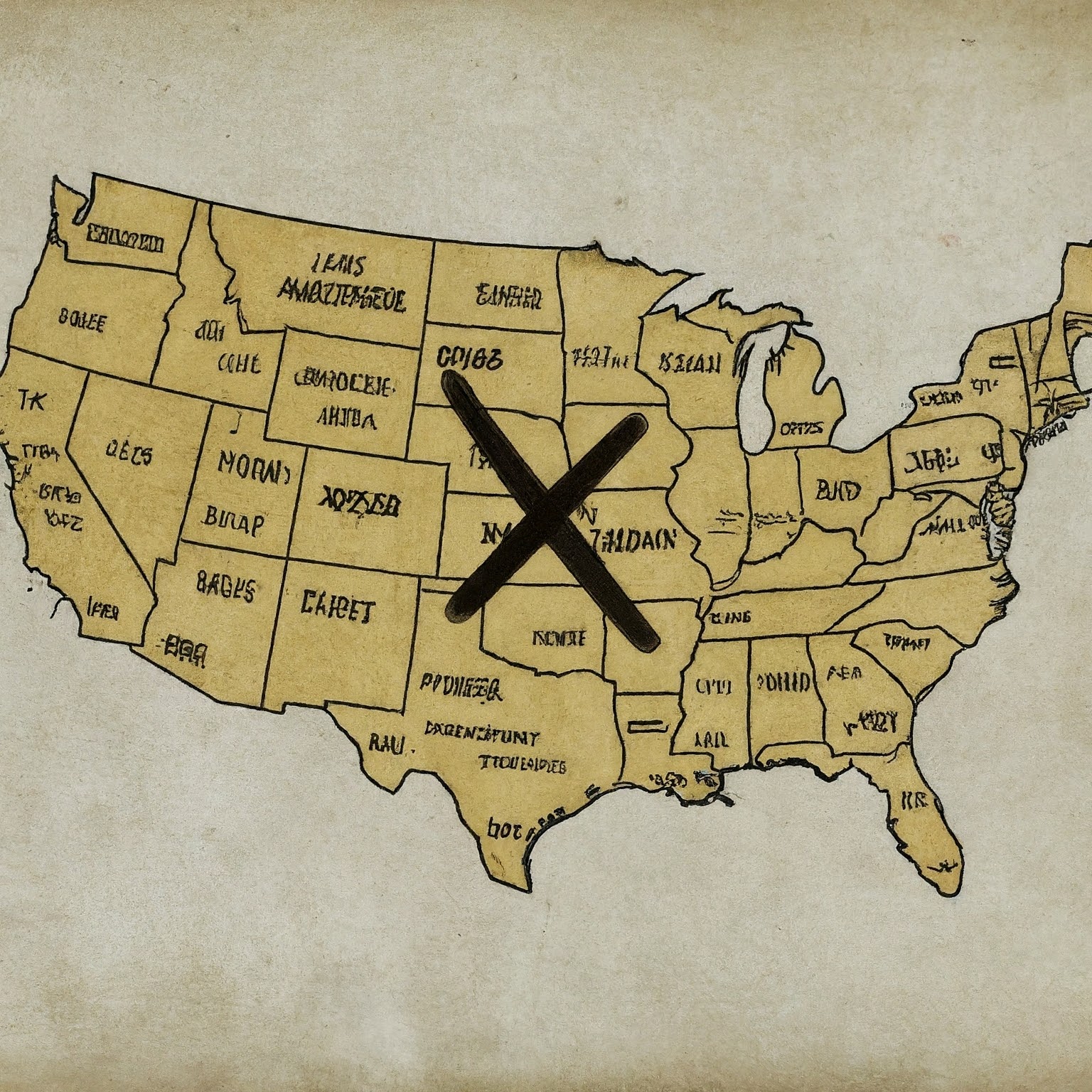In the age of digital communication, phone scams have become increasingly sophisticated, making it difficult for even the most vigilant individuals to distinguish between legitimate calls and fraudulent schemes. One red flag that can help identify potential scams is the area code. While not all calls from specific area codes are scams, some have been linked to a higher volume of suspicious activity.

Area Codes Associated with Scams
Although scammers can spoof any area code, certain codes have been reported more frequently in connection with scam calls. These include:
- 268: This Caribbean area code has been used in various scam schemes, including the notorious “one-ring” scam.
- 473: Grenada’s country code has also been associated with scam calls, particularly those impersonating government officials or lottery organizations.
- 809: Once a shared area code for several Caribbean nations, 809 has become infamous for its use in scam calls due to high international call rates.
- 876: Jamaica’s country code has been linked to lottery scams and other fraudulent activities.
- 232: This area code, not currently assigned in the NANP, has been reported in scam calls, potentially used to mislead recipients.
- 242: The Bahamas’ country code has been linked to various scams, including vacation and prize scams.
- 246: Barbados’ country code has also been associated with scam calls, often related to lottery winnings or financial offers.
- 264: Anguilla’s country code has been reported in scams involving fake government agencies or charities.
- 284: The British Virgin Islands’ country code has been linked to scams related to financial investments and lottery prizes.
- 470/404/770: These Atlanta area codes have been used in a variety of scam schemes, including IRS impersonation and tech support scams.
- 649: The Turks and Caicos Islands’ country code has been used in scams related to vacation packages and timeshare offers.
How to Protect Yourself
- Don’t answer calls from unknown numbers: If you don’t recognize the number, let it go to voicemail.
- Be wary of unsolicited offers: Scammers often use enticing offers to lure victims.
- Never share personal information: Don’t give out your Social Security number, credit card information, or other sensitive data to unknown callers.
- Report suspicious calls: If you receive a scam call, report it to the Federal Trade Commission (FTC) or the Canadian Anti-Fraud Centre.
- Use call blocking apps or services: Many phone carriers and third-party apps offer call blocking features that can help filter out unwanted calls.
Conclusion
While the above list highlights area codes frequently associated with scams, it’s important to remember that scammers can use any area code. The best defense is to be vigilant and informed. By following the tips above and staying up-to-date on the latest scam tactics, you can protect yourself and your loved ones from falling victim to these fraudulent schemes.